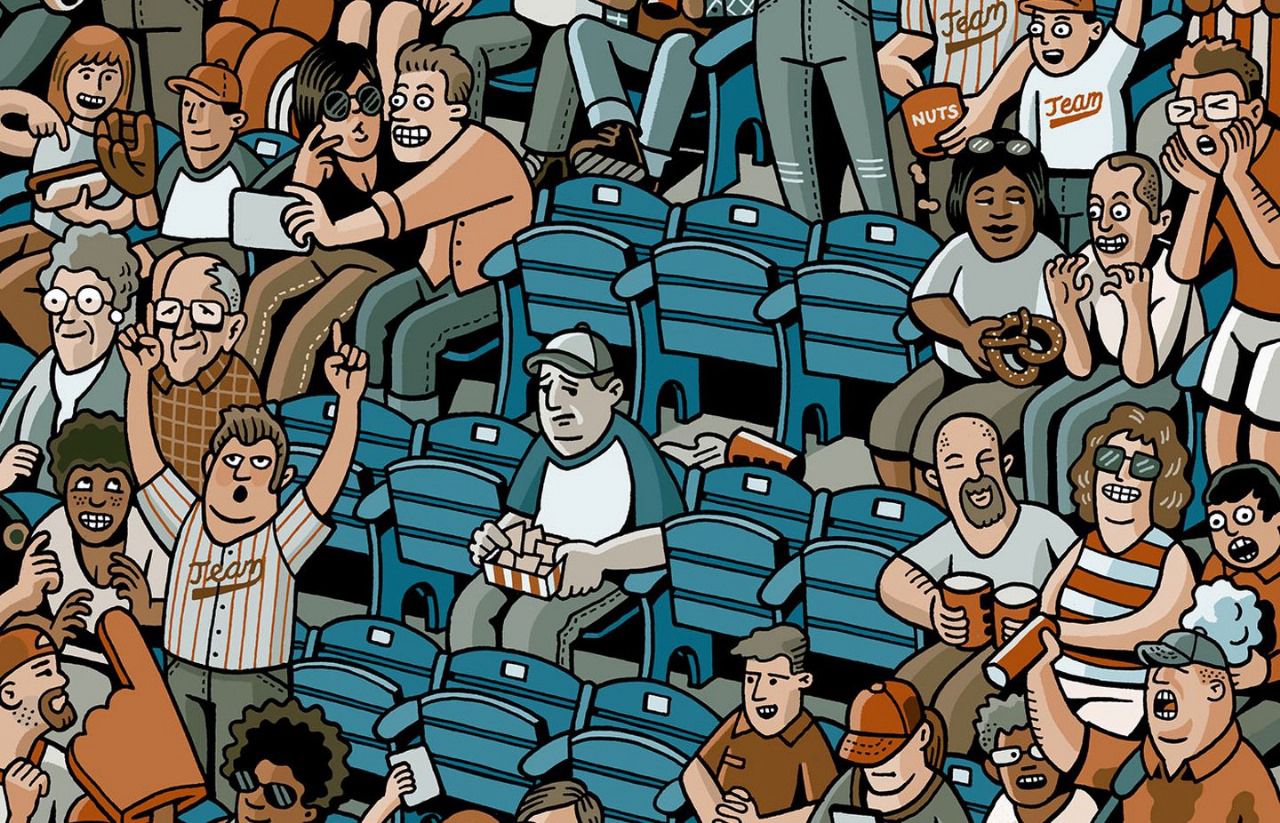Why Emotionally Aligned
Have you ever felt lonely while sitting in a room full of people—more specifically, the people you call your friends and family? Numerous studies have surfaced about how loneliness has become an epidemic. One thing about loneliness that we all have experienced at some point in our lives is that it makes you feel like you’re the only person feeling lonely, while the rest of the world is having the time of their lives. Personal, societal, and cultural factors influence the relationship between loneliness and suicidal behavior. Co-occurring mental illness, substance use disorder, and financial difficulties all play a part in leading to suicide.
Several factors contribute to the increasing suicide rates among men (because apparently, men are not supposed to cry). Societal expectations and stereotypes around masculinity often discourage men from expressing themselves comfortably or seeking help for mental health issues. The pressure to conform to traditional notions of strength and stoicism can lead men to internalize their struggles, making it difficult for them to open up about their emotional well-being.
What human common sense fails to realize is that society, in its entirety, suffers when individuals are made to feel like perpetual outsiders. Microaggressions reinforce stereotypes and deepen divisions, hindering progress toward a truly inclusive and equitable society. They contribute to a cycle that keeps unfair biases going, making it even tougher for marginalized groups to escape the burdens of prejudice.
Imagine being on the receiving end of countless microaggressions—a constant drip, drip, drip that wears away at one’s sense of belonging and self-worth. But the question arises here: WHY? We already know about the prejudice and backwardness prevailing in society for a long time, so why are we talking about them? The simple answer to this is that we are not talking about them enough and certainly not doing enough to change them.
Emotionally Aligned is just one step to bring awareness not only about psychological discoveries but also about social and economic pressures, relationship difficulties, and a lack of accessible support that contribute to creating more problems in society as a whole. We invite you to join us in this journey, to challenge stereotypes, break down barriers, and build together an impactful community of not only awake but capable people who live to make their lives better.
